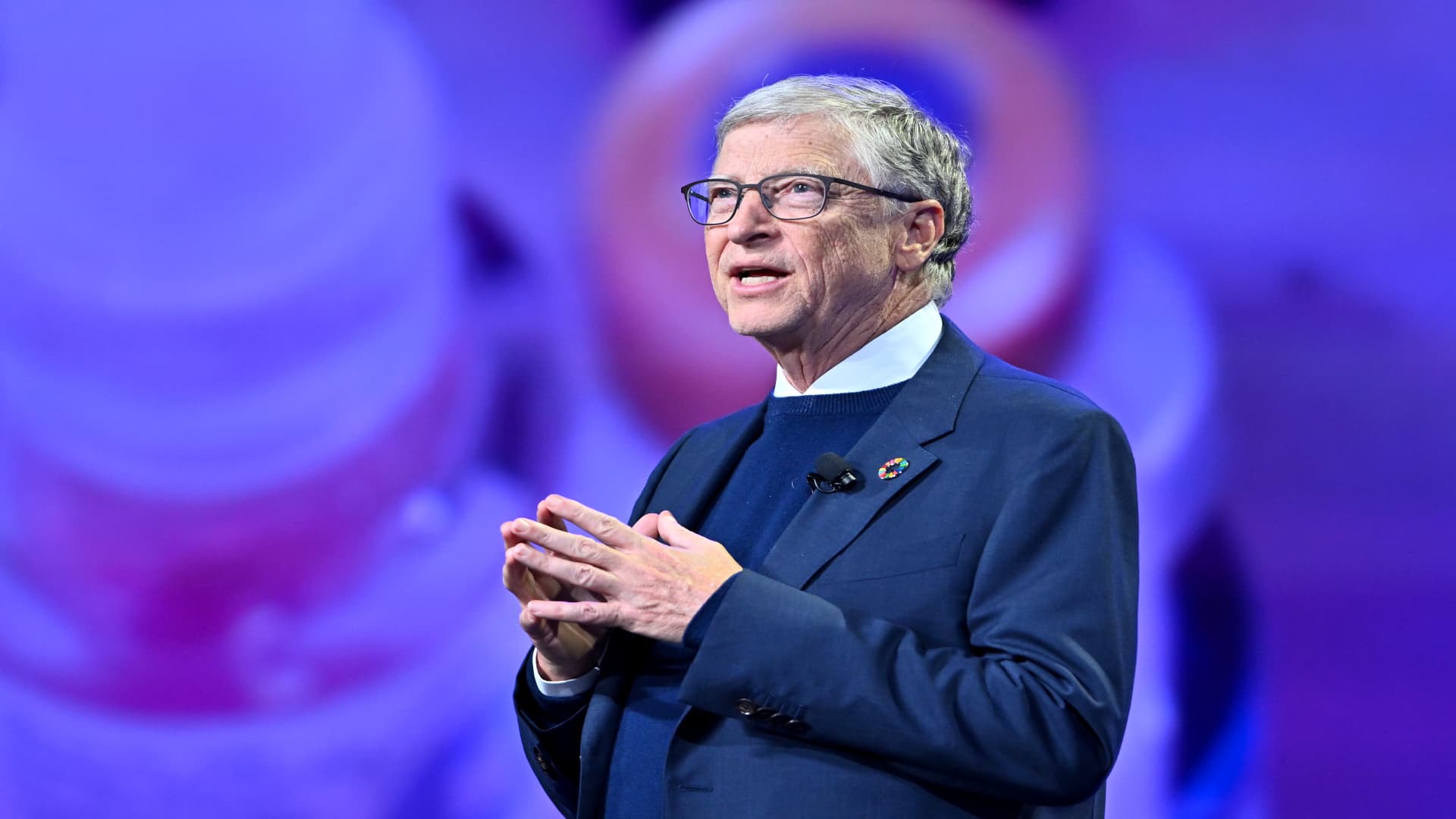The Untapped Power of Curiosity: Beyond IQ in Highly Intelligent People
Introduction: The Curiosity Quotient
Intelligence has long been equated with IQ scores, but recent neuroscience research suggests that curiosity might be the true hallmark of intellectual prowess. Highly intelligent individuals, from historical figures like Leonardo da Vinci to modern innovators like Bill Gates, share an insatiable curiosity that drives their cognitive growth and innovation. This curiosity isn’t just about acquiring knowledge; it’s a deep-seated drive to explore, question, and understand the world, often beyond the confines of formal education.
The Curiosity Quotient: A New Measure of Intelligence?
IQ tests, while useful, often fail to capture the dynamic nature of intelligence. They measure logical reasoning, spatial awareness, and other cognitive abilities but overlook the critical role of curiosity. Neuroscientist Dr. Tara Swart argues that curiosity is the defining characteristic of highly intelligent individuals. It fuels continuous learning, enabling people to connect ideas, identify patterns, and develop innovative solutions.
Leonardo da Vinci exemplifies this trait. His notebooks reveal a mind constantly seeking to understand the world, exploring fields as diverse as anatomy and engineering. His relentless pursuit of knowledge, far beyond formal education, highlights how curiosity can drive intellectual growth.
Embracing the Unfamiliar: Stepping Outside the Comfort Zone
Curiosity isn’t just about acquiring information; it’s about engaging with the unfamiliar and uncomfortable. Highly intelligent people actively seek new experiences, ideas, and perspectives, venturing far beyond their comfort zones. This openness to novelty allows them to challenge assumptions, consider alternative viewpoints, and develop a more nuanced understanding of the world.
Steve Jobs understood this principle. His advice to aspiring innovators wasn’t about memorizing facts but about cultivating a mindset of continuous exploration. This spirit of inquiry fueled his ability to see possibilities where others saw limitations, driving his relentless pursuit of innovation.
Beyond Rote Memorization: The Power of Active Learning
Traditional education often prioritizes rote memorization, which can stifle curiosity. Highly intelligent individuals, however, are active learners who take a proactive role in their education. They question, analyze, and synthesize information, integrating it into their existing knowledge framework. This active engagement enhances understanding and fosters a deeper appreciation for the subject matter.
Bill Gates exemplifies this approach. His voracious reading habits and commitment to lifelong learning demonstrate how active engagement with ideas can drive innovation. By immersing himself in books and challenging arguments, Gates has stayed at the forefront of technological advancement and contributed meaningfully to global issues.
The Interplay of Curiosity and Cognitive Abilities
Curiosity operates in concert with other cognitive abilities. Highly intelligent individuals often possess strong working memory, excellent pattern recognition skills, and adept problem-solving abilities. Curiosity fuels the desire to explore, while these other cognitive abilities provide the tools and skills necessary to navigate the complexities of the world.
For example, Albert Einstein’s ability to visualize complex scientific concepts was complemented by his relentless curiosity. His questions about the nature of space and time led to groundbreaking theories that reshaped our understanding of the universe.
The Misconception of Genius: Beyond High IQ
High IQ is not a guarantee of exceptional achievement. Lewis Terman’s study of gifted children revealed that while cognitive ability is necessary, it’s the combination of intelligence with creativity, perseverance, and curiosity that distinguishes geniuses. Figures like da Vinci, Gates, and Jobs were not just blessed with extraordinary IQs; they cultivated a mindset of relentless curiosity that propelled them to explore new frontiers and challenge conventional wisdom.
Nurturing Curiosity: A Lifelong Pursuit
Curiosity is not a fixed trait; it can be nurtured and cultivated throughout life. By fostering a mindset of inquiry, embracing new experiences, and challenging our own assumptions, we can unlock our intellectual potential and embark on a journey of continuous learning and discovery.
The Enduring Power of “Why?”
In a world that often prioritizes answers over questions, it’s crucial to remember the enduring power of “Why?” The ability to ask insightful questions, challenge the status quo, and relentlessly pursue knowledge is not just a sign of intelligence; it’s the engine of progress. By cultivating our own curiosity and encouraging it in others, we can unlock a world of possibilities and pave the way for a more innovative and enlightened future. It is the persistent “why” that separates the brilliant from the bright, the innovators from the imitators, and leaves an indelible mark on the tapestry of human progress.





